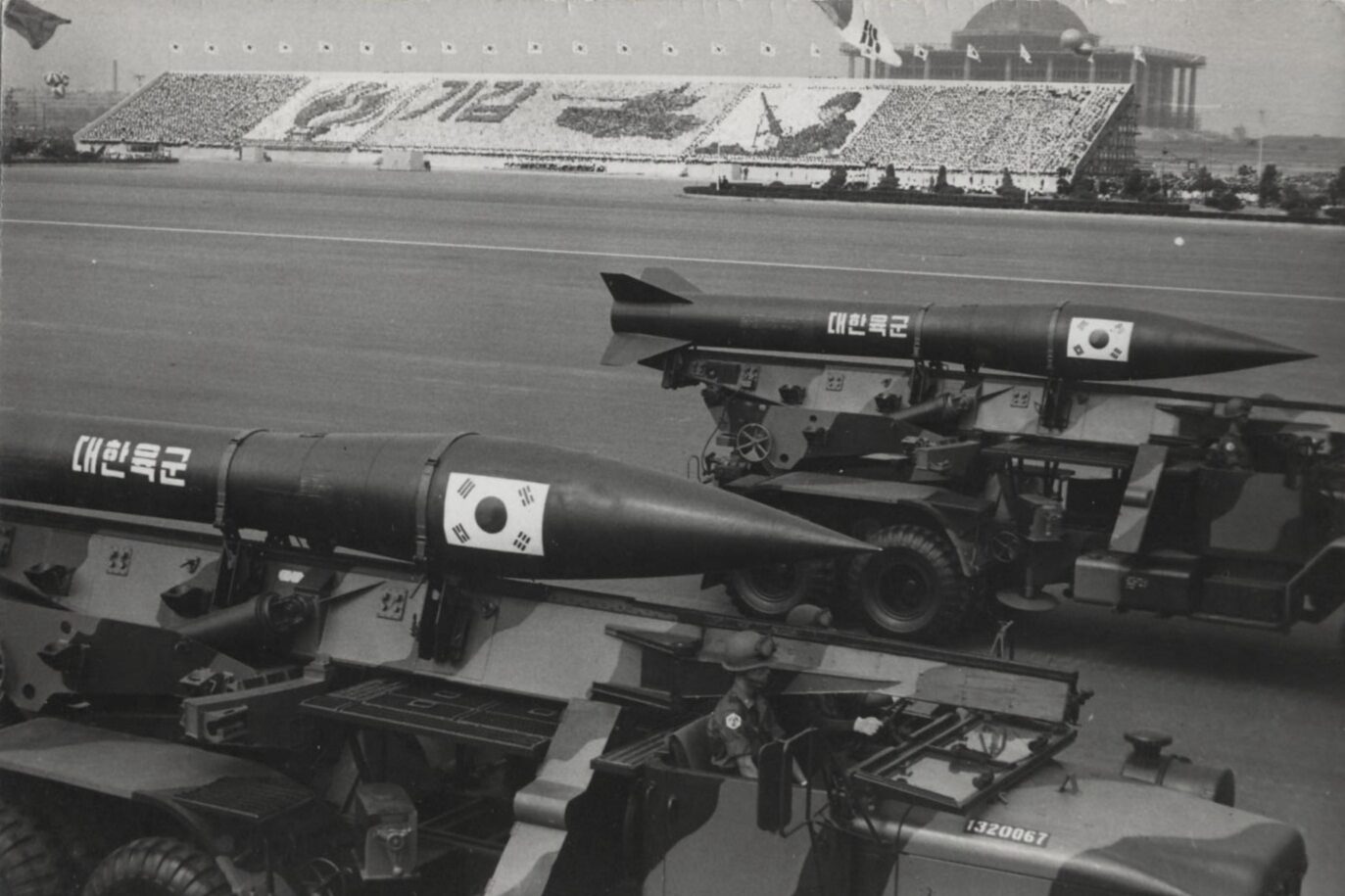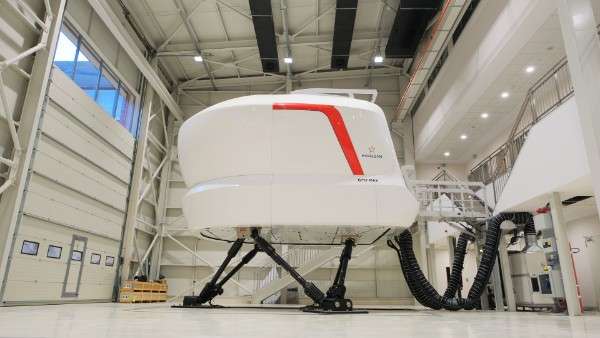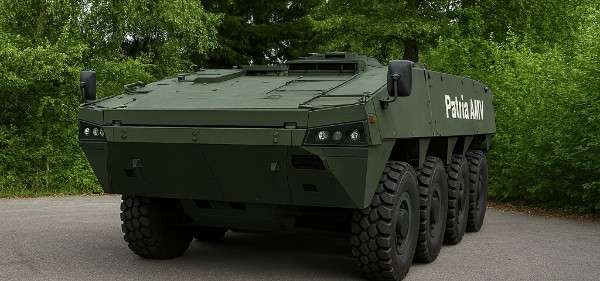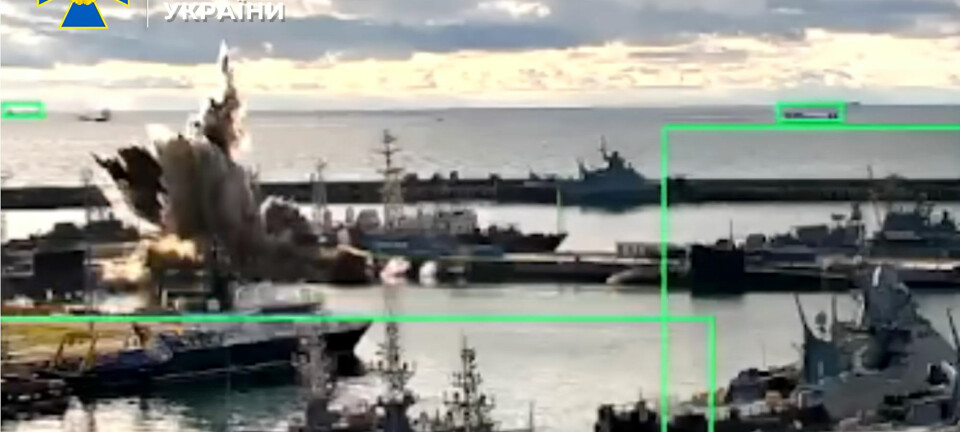South Korea stands at a strategic crossroads regarding its nuclear policy. While North Korea’s advancing nuclear capabilities and growing regional uncertainties have fueled domestic discussions about South Korea’s nuclear armament, the decision to pursue an independent nuclear arsenal carries significant strategic, political, and economic ramifications. This article critically examines the potential advantages and risks associated with nuclear armament, considering its impact on South Korea’s security, alliances, and regional stability.
A South Korean nuclear weapon program would inevitably strain its alliance with the United States. The ROK-U.S. alliance has been the cornerstone of South Korea’s security for decades, providing extended deterrence through U.S. nuclear guarantees. Should South Korea pursue its own nuclear weapons, it risks undermining this alliance, potentially weakening U.S. commitments and prompting a reevaluation of its security posture in Northeast Asia. Additionally, such a move would alienate South Korea from its European security partners, including NATO, which firmly supports non-proliferation efforts.
Nuclear armament would likely trigger severe economic repercussions. South Korea, as a signatory of the Non-Proliferation Treaty (NPT), would face potential sanctions from the international community if it were to withdraw or violate its commitments. Economic pressure from the United States and the European Union, coupled with potential trade restrictions, could significantly damage South Korea’s export-driven economy. Furthermore, South Korea’s status as a responsible global actor and advocate of non-proliferation would be jeopardized, reducing its diplomatic influence.
However, proponents of nuclear armament argue that South Korea cannot indefinitely rely on U.S. security guarantees, especially amid evolving U.S. foreign policy priorities and domestic debates about alliance commitments. A nuclear deterrent would provide South Korea with greater autonomy in its security strategy, allowing it to directly counter threats from North Korea and other regional adversaries. Additionally, possessing an independent nuclear arsenal could elevate South Korea’s strategic standing in Northeast Asia, positioning it as a more influential regional power.
South Korea’s nuclearization would likely provoke an arms race in Northeast Asia. Japan, facing its own security concerns, might feel compelled to develop nuclear weapons, further escalating tensions with China and North Korea. Additionally, a nuclear South Korea could justify North Korea’s continued nuclear expansion, making denuclearization diplomacy even more difficult. The result could be a more unstable and unpredictable security environment.
An alternative approach is to maintain nuclear latency—a strategy whereby South Korea retains the technological capability to develop nuclear weapons without actually crossing the nuclear threshold. South Korea already possesses advanced nuclear technology, robust civilian nuclear infrastructure, and the ability to develop nuclear weapons relatively quickly if needed. This latent capability provides a form of strategic deterrence without breaching international norms. By maintaining nuclear latency, South Korea can signal its ability to respond if security conditions deteriorate while avoiding the diplomatic and economic costs of nuclear armament.
Rather than seeking independent nuclear weapons, South Korea could focus on strengthening extended deterrence with the U.S. through increased joint military exercises, improved missile defense systems, and greater nuclear sharing arrangements. Enhanced cooperation within the framework of the ROK-U.S. alliance, such as rotational deployment of U.S. strategic assets and bolstered intelligence-sharing, would provide a more credible and sustainable deterrent against North Korean threats.
As a country with nuclear latency, South Korea can negotiate from a position of strength without violating non-proliferation principles. This enhances its diplomatic flexibility, allowing it to engage in arms control discussions while deterring adversaries. Furthermore, maintaining nuclear latency aligns with South Korea’s broader strategy of expanding its security cooperation with NATO, the EU, and other Indo-Pacific partners.
South Korea’s security environment is undoubtedly challenging, but the pursuit of an independent nuclear arsenal presents both opportunities and risks. While nuclear armament could offer strategic autonomy, it also carries significant political, economic, and security costs. Nuclear latency offers a strategic middle ground that preserves security options while avoiding the pitfalls of proliferation. By leveraging its advanced technological capabilities, reinforcing its alliance with the U.S., and maintaining strong diplomatic engagement, South Korea can ensure its security without crossing the nuclear threshold. In this way, nuclear latency remains a pragmatic approach, balancing deterrence with diplomatic and economic stability.

Table of Contents
ToggleJihoon Yu
Jihoon Yu is the director of external cooperation and associate research fellow at the Korea Institute for Defense Analyses. Jihoon was the member of Task Force for South Korea’s light aircraft carrier project and Jangbogo-III submarine project. He is the main author of the ROK Navy’s Navy Vision 2045. His area of expertise includes the ROK-U.S. alliance, the ROK-Europe security cooperation, inter-Korean relations, national security, maritime security, hybrid-threats, and strategic weapons systems. He earned his MA in National Security Affairs from the U.S. Naval Postgraduate School and Ph.D. in Political Science from Syracuse University.













